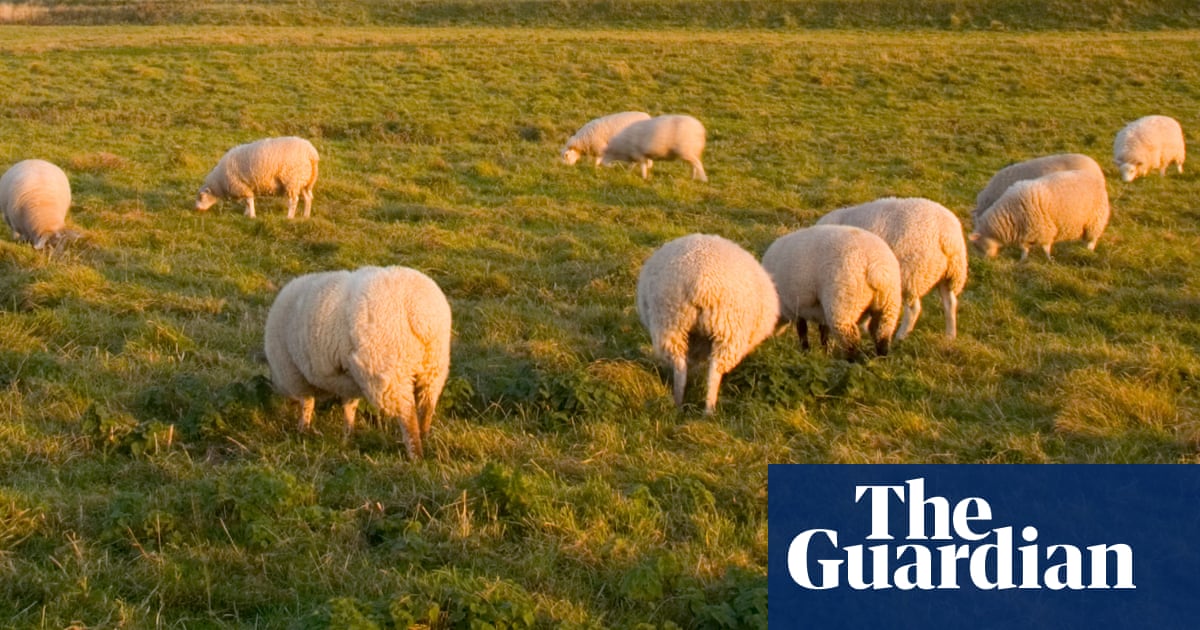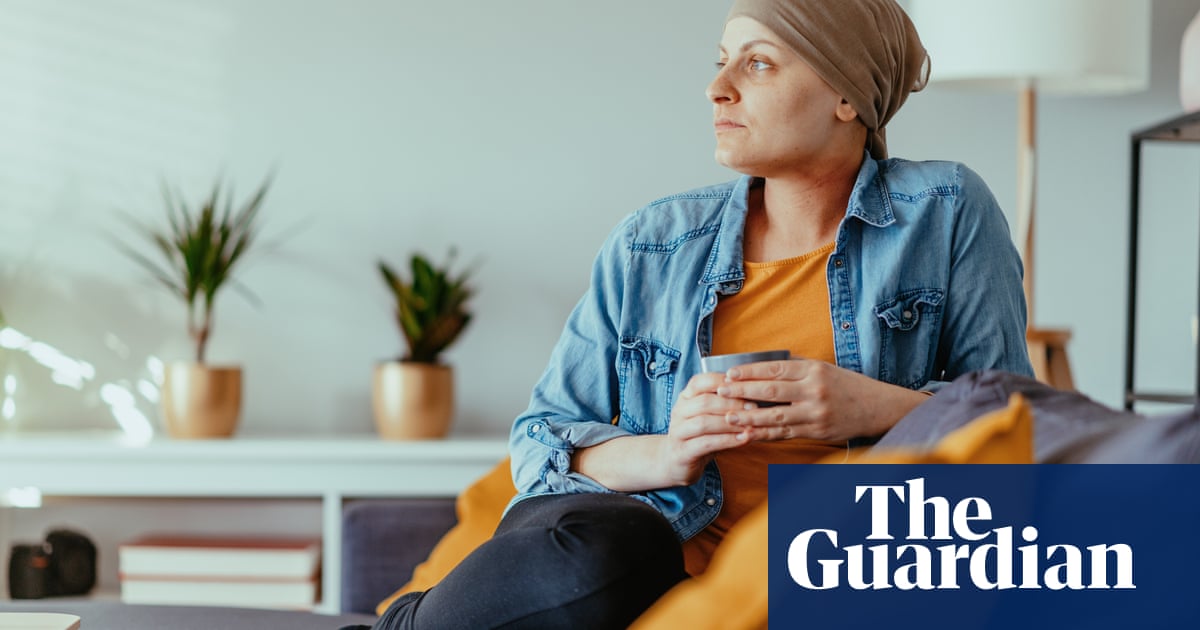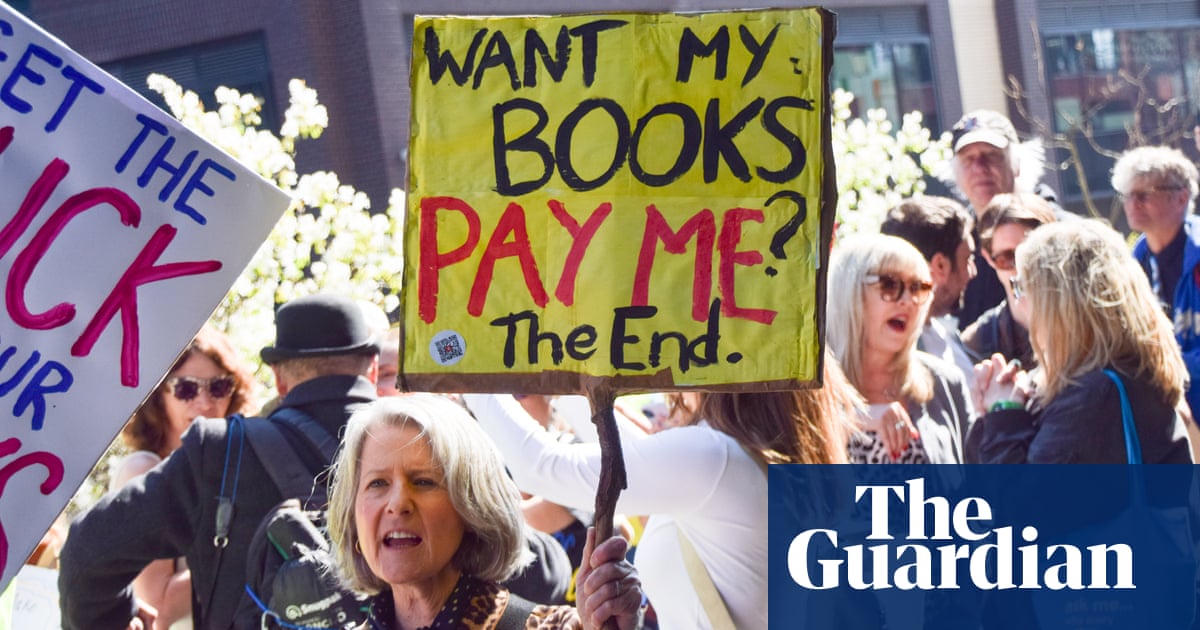After the balcony fell off and crushed my girlfriend’s car – which we assumed was a kind of annual tradition for the house, like a tree shedding its leaves in the winter – the occupants of that share house decided to leave their mouldy, odd-smelling but, most importantly, very cheap residence.
Apart from the dramatic balcony, there was one room that inexplicably always had sand in it, and a neighbourhood cat we nicknamed “Dickfingers” who crept into the house every night and left a puddle of pungent, dark yellow urine in the middle of the kitchen. Once, one of the flatmates got stuck in the bathroom when the door broke, and I had to crawl out on the roof and smash through the window to get inside with a screwdriver to get her out so she could get to an exam on time.
Everything I’m describing could be a kind of prelude to a horror story but I’m sad at the idea that young people aren’t experiencing this kind of chaos.
Thanks to a wave of crises in Australia, including the dramatic rise in what’s dystopically known as “cost of living”, a housing and rental cost crisis, and a lack of adequately paid jobs, more and more young people are being forced to stay living at home with their parents. A national survey found almost half of young adults are living with parents and nearly one-third of those aged 26 to 29 are living at home. There are serious consequences to this – studies show that the mental health of young people forced into these situations is dramatically plummeting, which in turn feeds into the already horrific mental health crisis in young people.
Combined with having to inherit a world ravaged by the climate crisis, and the rise of fascism, there’s obviously extremely serious things to worry about for the next generations. But we’re doing young people a disservice if we only focus on these real issues of survival – what’s also being lost is quality of life, independence, discovering friendship and community and, dare I say it – having fun. Moving out of home into a godawful scary share house full of broken couches and Becker DVDs can be all of those things.
I’m not sure exactly what skills from share house living I would put on my resume – perhaps a proficiency at cleaning a mix of blood and glitter off walls from the time I lived with a drag queen? But that’s perhaps my point. Some things you can’t be taught – sometimes you have to just work out how to handle the interpersonal conundrum of the housemate who began randomly playing jazz trumpet at 3am, or the social etiquette of how to politely ask the orgy happening in your bathroom to vacate so you can make your shift at Target. It’s learning social skills that are actually very helpful for adult things like navigating the murky politics of the office fridge.
Or perhaps it’s more about learning independence and self-sufficiency, such as being able to cook. I still remember the time I was invited around to a university share house because a friend had somehow inherited a large amount of meat and wanted to try cooking an old-fashioned roast dinner. As he bustled around in the kitchen, we play-acted an adult dinner party, covering the grimy coffee table with a picnic blanket like it was a tablecloth and a crow’s nest of scavenged cutlery. Hours passed into late evening, until finally the oven was thrown open, the trays served – only to discover that the food was covered with bright orange melted plastic. “So that’s where my basketball went,” exclaimed another housemate.
As funny and cursed as all these stories are, it’s the quiet times I remember the most. The afternoons after class where we’d sit around talking about anything and nothing, the impromptu dinners when someone would come home from work with a garbage bag full of leftover “dirty burgers” from their fast food jobs. We didn’t have enough money to go out to bars or restaurants or see movies or a play, so these dingy living rooms with yellowed cigarette stained ceilings and shag carpets that drank up spilled wine like it had a problem became our meeting places, our cinemas and coffee houses. On hot summer nights sometimes we’d run between various share houses, collecting up random friends, on a mission to walk down to the beach or climb up the mountain overlooking the city, or just sprawl in various overgrown back yards drinking cheap warm wine.
It’s where I spent my 20s, discovering who I was, away from my family, on my own – for better or worse. I’m not saying it’s for everyone, or even that it should be for anyone – I probably have permanent mould damage in my lungs.
But it’s the lack of choice and the lack of agency that is so unfair. For me, living in these share houses was the adventure and the chaos that I desperately wanted, and probably needed. Young people should have the opportunity to make the same mistakes I did, and the choice of how they spend their youth shouldn’t have to be sacrificed due to the greed and mistakes of older generations.

.png) 2 months ago
51
2 months ago
51













































